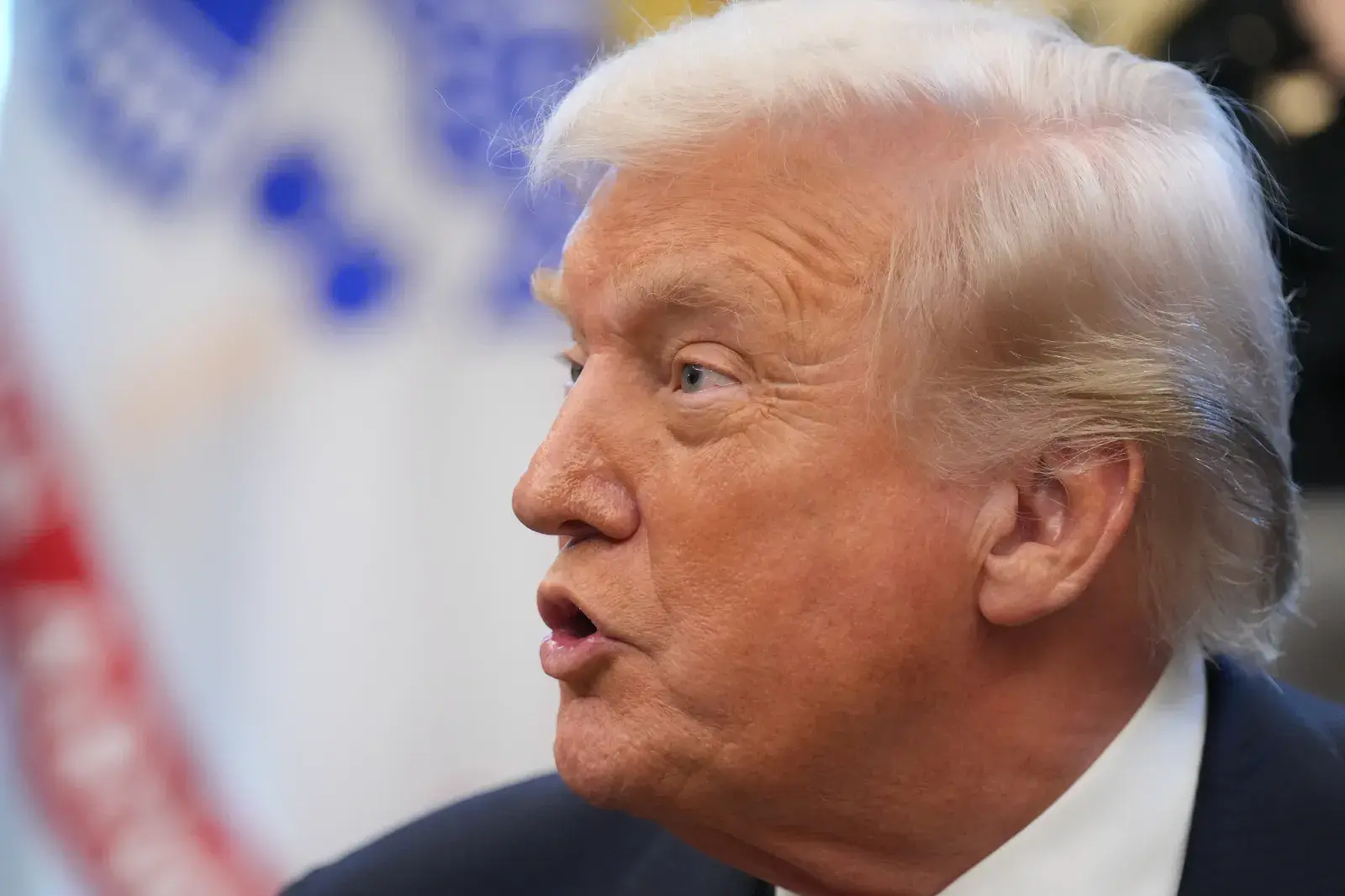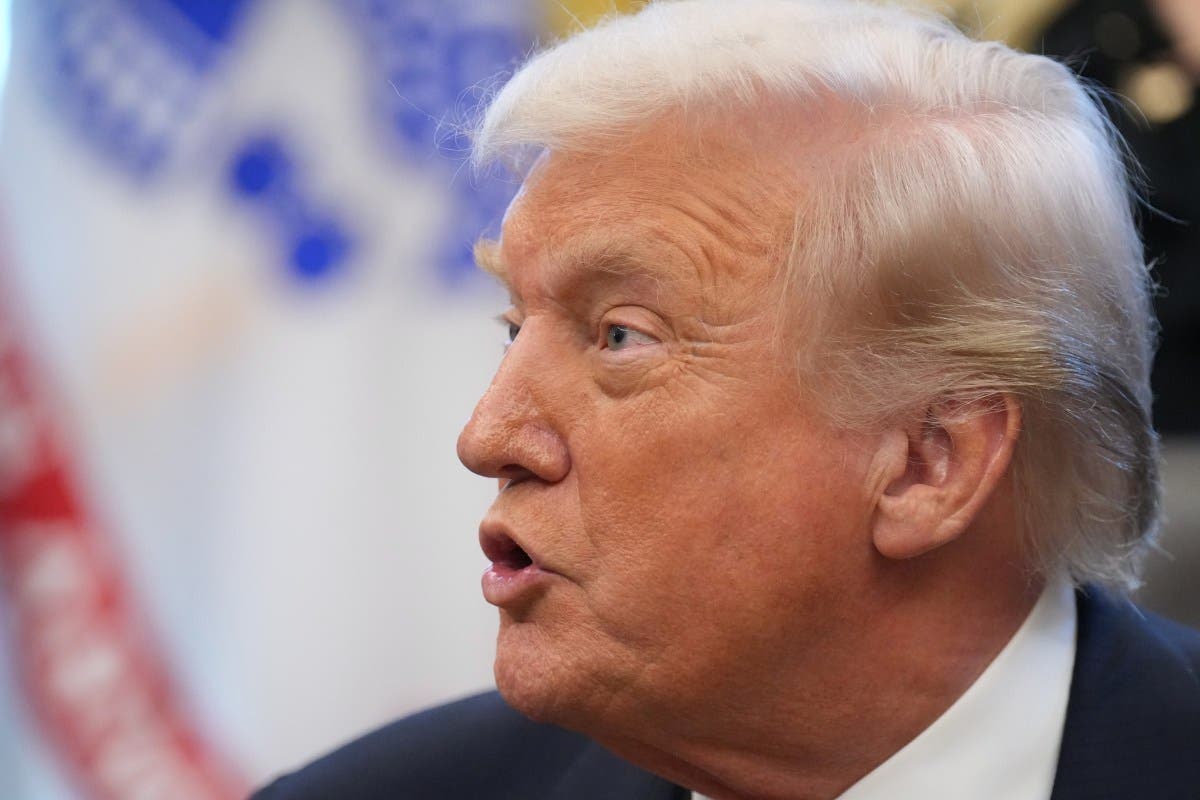President Donald Trump has floated several proposals to make direct payments to Americans including $2,000 checks from tariff revenue, so-called “Trump baby bonds,” as well as making exploratory comments regarding Doge-based stimulus.
While these concepts have generated widespread discussion, nobody has yet received a payment and no schedules for payments have been released.
Newsweek reached out to the White House by email Tuesday for more information.
Why It Matters
For Americans facing persistent inflation and ongoing economic uncertainty, the prospect of direct payments—sometimes likened to the COVID-19 stimulus checks—has become a politically potent topic.
President Trump’s recent proposals signal an effort to recapture support from middle- and lower-income voters who benefited most from prior financial relief measures. However, policy experts caution that the details, feasibility, and legality of these payments remain deeply uncertain.
If any such payments were to be implemented, their impact would extend to the federal budget, trade relations, and the scope of executive authority—especially as the Supreme Court considers whether the president can unilaterally impose tariffs and allocate their revenue.

What To Know
President Trump has repeatedly discussed issuing $2,000 “dividends” to Americans, funded by revenue from tariffs imposed on foreign goods.
He gave an update on Truth Social Monday saying, “We’re going to issue a dividend to our middle-income people and lower-income people—about $2,000.”
In public remarks and court filings, Trump linked the projected revenue—claiming it would reach “Trillions of Dollars”—both to these payments and to national debt reduction efforts.
However, an analysis by the Committee for a Responsible Federal Budget (CRFB) estimated the cost of such rebate checks at $600 billion annually, which is double the total annual revenue projected from new tariffs in 2025. The CRFB warned this could add $6 trillion to the national deficit over a decade if continued annually.
Many experts—including those advising Congress and think tanks—note that tariff revenues are ultimately paid by U.S. importers, which frequently pass costs to American consumers.
Details remain hazy; Treasury Secretary Scott Bessent said, “the $2,000 dividend could come in lots of forms,” potentially as tax cuts or deductions rather than direct payments.
The proposal has not advanced to any formal legislative stage and would require congressional approval for funding authority.
President Trump has also referenced a proposal often described as “baby bonds,” which would entail a $1,000 payment to every child born in the United States from 2025 through 2028.
These appear to have moved forward under legislation, but in another form. Instead, “Trump Accounts” have been passed, allowing for deposits of $1,000 to be distributed by the government to American children born after December 31, 2024 and before January 1, 2029.
Under this plan, parents would be able to contribute up to an additional $5,000 per year, a press release from the administration said.
Adam Frank, Head of Wealth Planning and Advice at J.P. Morgan Wealth Management said in The Know that the current target to open these accounts and have contributions made is July 2026.
“Parents/guardians cannot currently go to a bank or investment firm and open this kind of account,” Frank said.
Return on a maximum contribution could reach $303,800 by age 18 and $1,091,900 by age 28 or $5,800 by age 18 and $18,100 by age 28 if no contributions are made, according to the release. But the “One Big Beautiful Bill” has so far only given the go ahead. Nothing concrete is in place.
Earlier this year, the government had also said they may give a percentage of savings found by the Department of Government Efficiency (DOGE) directly to citizens.
The proposal has not been implemented and no details on the structure or plan for such payments has been released.
What People Are Saying
President Donald Trump described his primary rebate proposal on Truth Social: “We’re going to issue a dividend to our middle-income people and lower-income people—about $2,000.”
Treasury Secretary Scott Bessent, addressing the $2,000 payment plan, told reporters: “The $2,000 dividend could come in lots of forms.”
Erica York, vice president of federal tax policy at the Tax Foundation, told NPR: “To me, this seems less of a thought out policy proposal and more of, ‘A $2,000 check sounds good.’ “
CRFB analysts estimated the cost, as reported by USA Today: “Each round of these tariff dividend checks would cost around $600 billion, whereas the new tariffs introduced this year are expected to yield roughly $300 billion annually.”
What Happens Next
The future of President Donald Trump’s direct payment proposals depends on several factors: pending Supreme Court rulings on the legality of his tariff strategy, movement within Congress to authorize such spending, and the ongoing negotiation between the Trump administration and lawmakers.
Without congressional approval, none of the proposals—tariff checks, baby bonds, or DOGE payments—can move forward. Continued public debate and clarification of the policies are expected as midterm elections loom.
Update 11/11/25 4:09 p.m. ET: This story has been updated to include more information.
